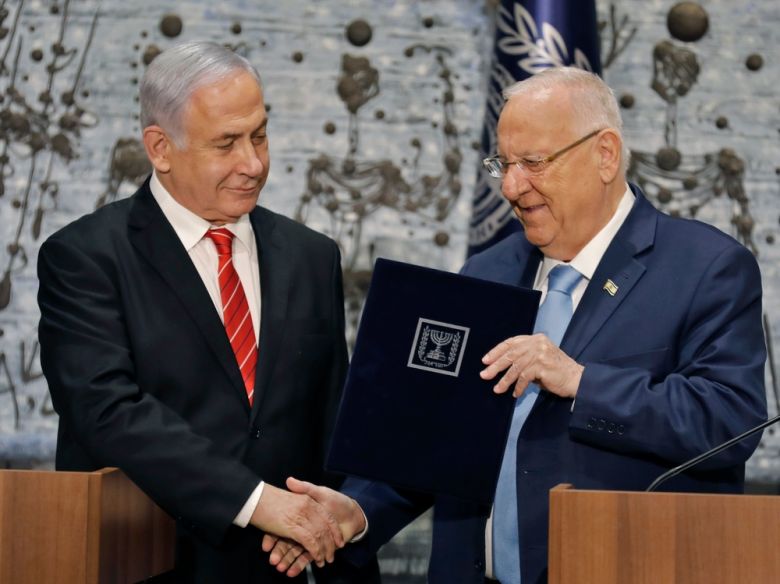Benjamin Netanyahu’s inability to form a new government after the second virtually dead-heat election in Israel this year highlights the challenges confronting the Jewish state amid the heightened regional tensions that have followed Turkey’s invasion of Syria. The mandate he was given by President Reuven Rivlin to build a new governing coalition is now set to be given to former army commander and political novice Benny Gantz, leader of the Blue and White party, which virtually tied with Mr Netanyahu’s Likud last month, as it did in April. But there is little hope Mr Gantz will have any more success than Mr Netanyahu.
In that event, both men will need to redouble efforts to find the common ground needed to establish the strong, stable national unity government Mr Rivlin believes Israel urgently needs. Both elections this year have shown that Israel — the Middle East’s only functioning democracy and upholder of the rule of law and religious freedom — is deeply divided politically. In such circumstances, a coalition similar to the successful national unity government formed in 1984 between Shimon Peres and Yitzhak Shamir, with the two men taking turns as prime minister, is a path that could serve Israel well.
Read the editorial in The Australian.

